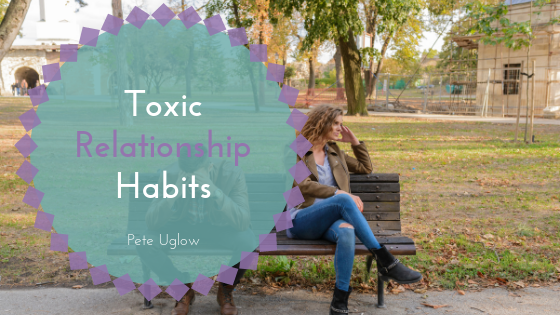Every relationship has aspects and habits that could be improved or deemed “unhealthy.” However, there are some habits that couples form that are never okay and should be addressed immediately. The following three habits are way too common and can produce unsafe and toxic outcomes.
Keeping Score and Getting Even
Everyone messes up or speaks out of turn occasionally, but some couples use their partners past mistakes to justify their current wrongdoings. Eventually, this becomes habitual, with both partners saying, “Well, you did this, so you don’t have the right to be angry.” Such behaviour is incredibly toxic since you’re refusing responsibility for your mistake, all the while reopening old wounds and making your partner feel guilty.
Expecting Someone to Understand You Completely
Expectations and assumptions are kryptonite for relationships. I even have a whole article about it here. A prevailing expectation in relationships is that our partners should understand and know how we feel instinctively or through hints that we drop. Unfortunately, a lot of young couples fall victim to this habit due to what they read or see in popular culture.
This habit is toxic because it reinforces bad communication in relationships. Essentially, when you don’t tell your partner how you feel, what you want, or why you’re upset, you’re demonstrating that you aren’t comfortable discussing your emotions with them, or don’t feel safe. That’s a big problem.
Emotional Blackmail
“You’ve been really busy this week, and I just can’t be with someone who can’t devote time to me.” Do you see what’s wrong with that statement? You might be thinking their reason seems like pretty understandable. Of course, no one wants a partner who doesn’t prioritize them. The problem with the above statement isn’t the concern itself, but the way it was communicated.
By composing your concern in such a way, you’re basically giving your partner an ultimatum—emotionally blackmailing them to either address your concern or risk leaving you. This type of communication isn’t healthy because it makes our partner feel as though the stability and level of commitment in our relationship is unstable. We should feel comfortable discussing the things that upset us, and safe in the fact that it will lead to a healthy conversation, without proposing an ultimatum.
No relationship is perfect, and every couple has formed a few bad habits that could be nipped in the bud. However, there is a big difference between bad habits and toxic ones. The habits above can have large mental and emotional consequences, leaving you feeling self-conscious, afraid, and unsafe.
Originally published on PeteUglow.org.


